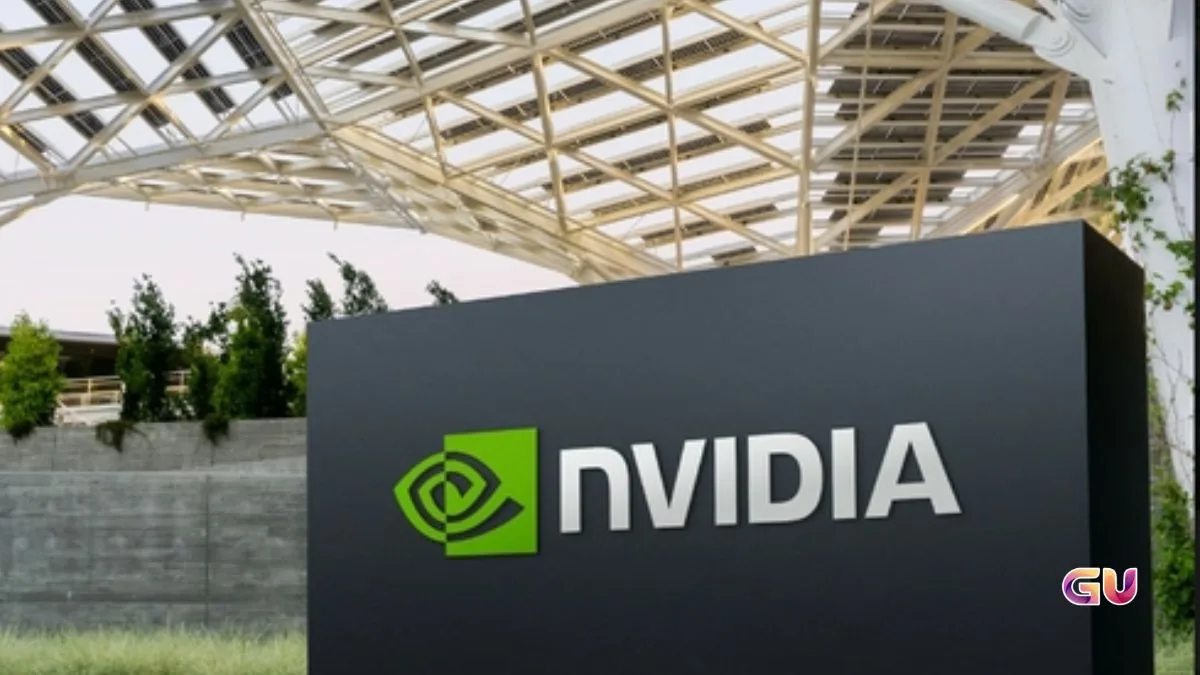Washington D.C.— Nvidia, the dominant force behind the AI hardware boom, is staring down an $8 billion revenue hit in Q2 2025 following new U.S. export restrictions that effectively cut off its access to China’s $50 billion AI chip market.
During its latest earnings call, Nvidia CEO Jensen Huang delivered a stark message: “The China market is effectively closed to us,” he said, after confirming that the U.S. government now requires a license to export Nvidia’s advanced H20 AI chips to China.
The policy shift—pushed under the Trump administration’s tightened national security stance—has already cost the company $4.5 billion in inventory write-downs and blocked an additional $2.5 billion in Q1 sales. For Q2, Nvidia forecasts the revenue impact could reach a staggering $8 billion, out of a projected $45 billion.
“The H20 export ban ended our Hopper data center business in China. We cannot reduce Hopper further to comply,” Huang said bluntly.
U.S.-China Tensions Squeeze Chipmakers
The restriction is part of a broader White House policy aiming to limit China’s access to U.S.-built advanced AI technologies, citing strategic national security risks. But Nvidia is not alone. On the same day as its earnings, chip design firms Cadence (CDNS) and Synopsys (SNPS) also saw stock drops after being told to halt software sales to Chinese clients.
Despite the regulatory hurdles, Nvidia’s stock (NVDA) has remained resilient. Shares rose 3.25% to close at $139.19 on May 29, defying the earnings fallout. Analysts remain cautiously optimistic, noting that the company continues to dominate the AI hardware sector globally—even as it scrambles to launch a cheaper, China-compliant chip by September.
Strategic Setback or Necessary Trade-Off?
While Huang has long criticized U.S. export curbs, national security experts argue that protecting America’s tech advantage outweighs corporate setbacks.
“This isn’t about one company—it’s about America’s long-term edge in a high-stakes global race,” said Dewardric McNeal, managing director at Longview Global.
That sentiment echoes the stance of President Donald Trump and Vice President JD Vance, both of whom have advocated for less regulation on domestic AI development—but not at the expense of geopolitical leverage.
What’s Next for Nvidia?
China accounted for 13% of Nvidia’s total revenue last year, and losing access could slow the company’s explosive growth. However, its core business remains strong, and it continues to lead global GPU development—crucial for powering large-scale AI systems such as OpenAI’s ChatGPT.
The upcoming launch of a reengineered chip for China may help regain some market share, but investors will be watching closely as policy tensions evolve—and as Nvidia prepares for what could be one of its most complex quarters yet.
